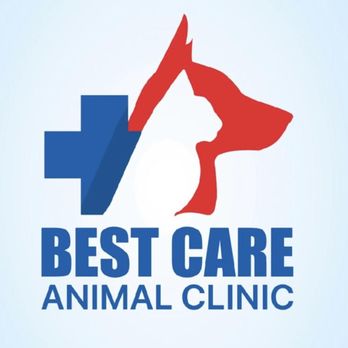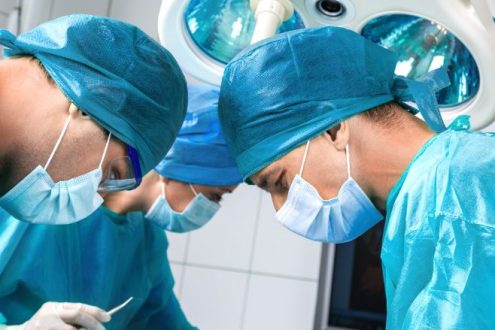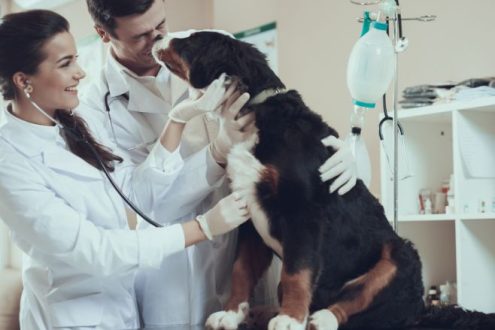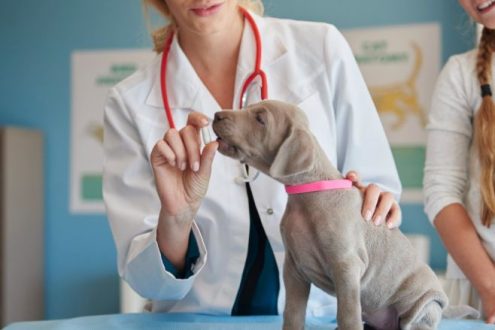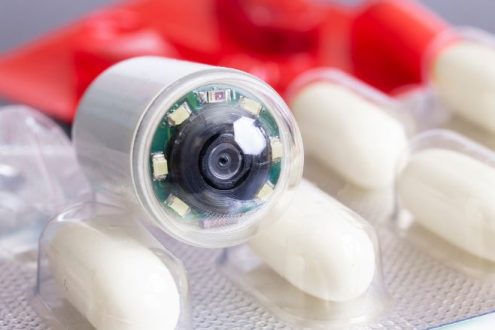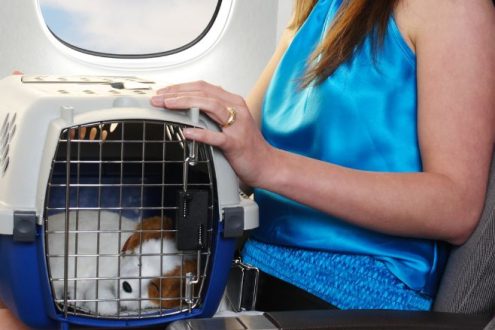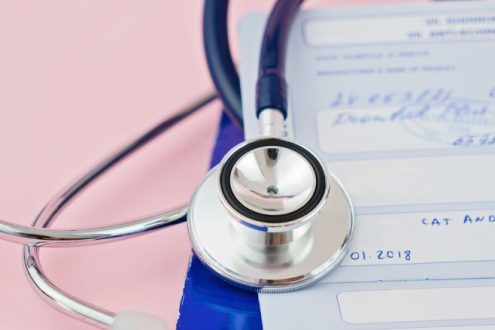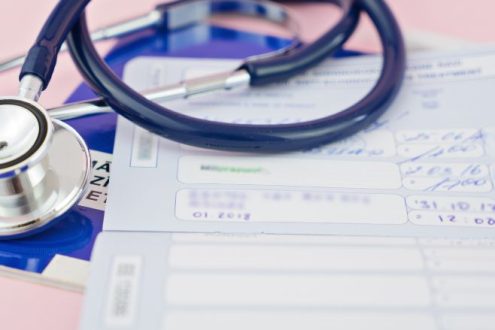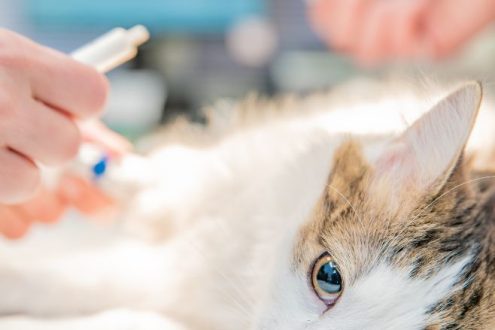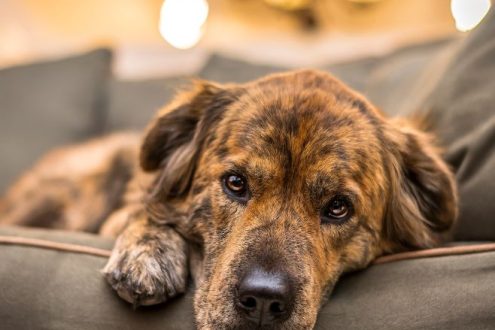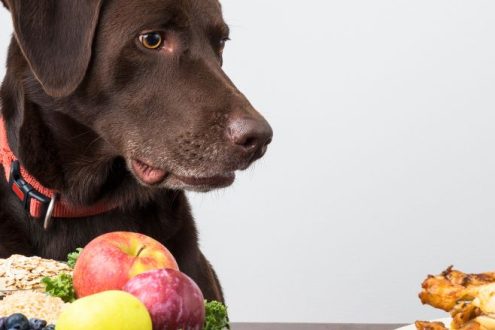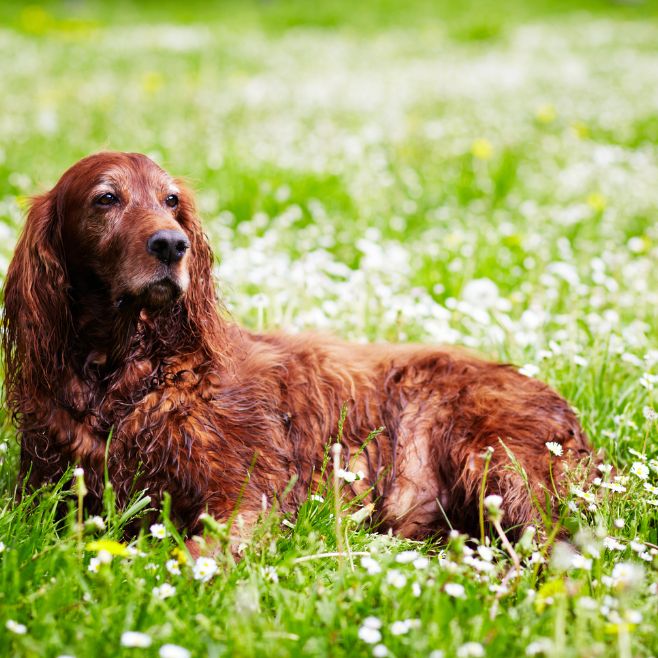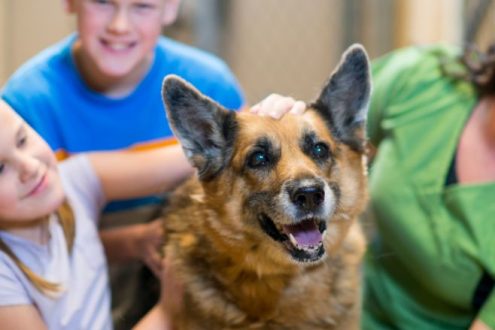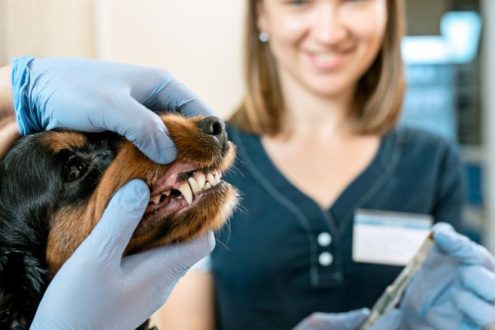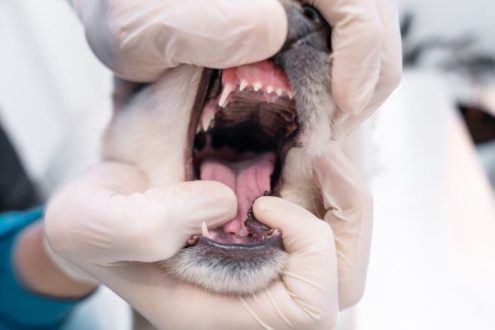Services
Radiology for Pets: How X-Rays and Imaging Can Help Diagnose Your Furry Friend's Health Issues
Radiology is a valuable tool in veterinary medicine, allowing veterinarians to diagnose and treat a range of health conditions in pets. In this article, we’ll discuss what radiology is, how it works, and how it can benefit your furry friend.
Trusted Team
Peace of mind
We love pets
Convenience
What Is Radiology for Pets?
Radiology for pets involves the use of X-rays and other imaging techniques to view and examine the internal organs and tissues of an animal. Radiology can be used to diagnose a range of health conditions, from broken bones to tumors and internal bleeding.
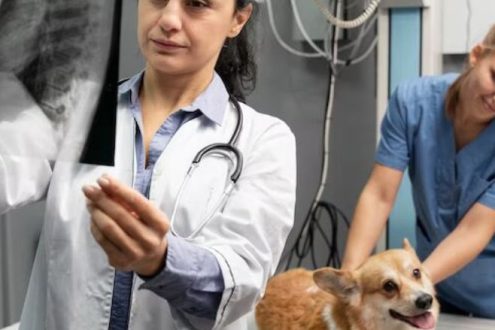
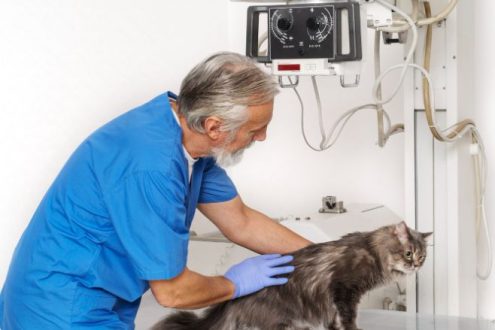
How Does Radiology for Pets Work?
Radiology for pets works by using various imaging techniques to capture images of the internal organs and tissues. The most common imaging technique used in veterinary radiology is X-rays, which use low levels of radiation to create images of the bones and internal organs.
Other imaging techniques used in veterinary radiology include ultrasound, CT scans, and MRI scans. These techniques use sound waves or magnetic fields to create detailed images of the internal structures of the body.
What Are the Benefits of Radiology for Pets?
Radiology for pets offers several benefits, including:
Non-invasive: Radiology is a non-invasive way to view and examine the internal structures of the body, which can help diagnose health conditions without the need for invasive procedures.
Accurate diagnosis: Radiology allows veterinarians to directly visualize and examine the internal organs and tissues, which can help diagnose a range of health conditions.
Targeted treatment: Radiology can also be used to guide targeted treatments, such as radiation therapy or minimally invasive surgery.
